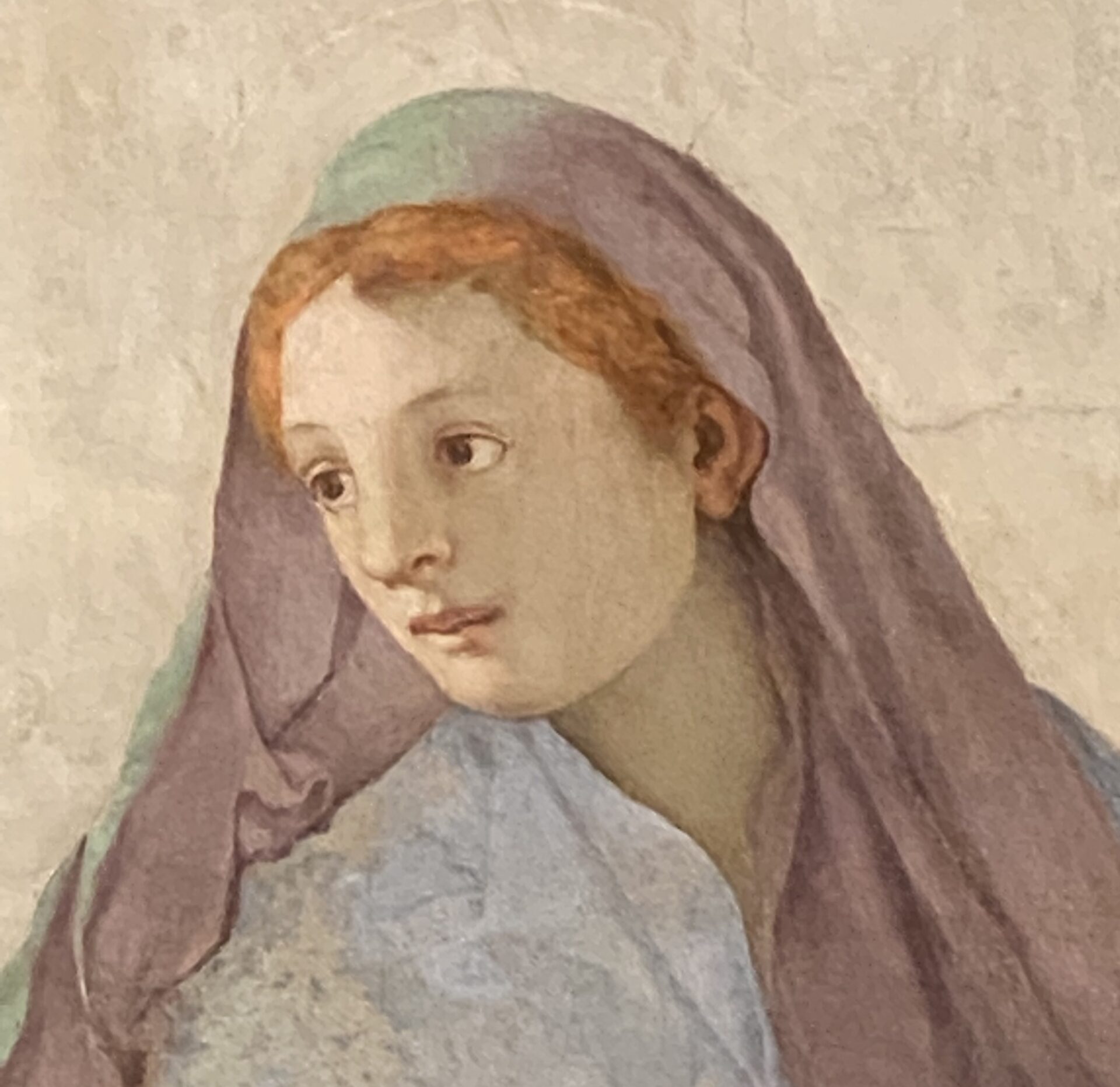Also Listen on:
Walking in Rome yesterday I passed a large powerful building with the inscription ‘Ministero di Grazia e Giustizia’. ‘Ministry of Grace and Justice’. Really? The combination seemed odd for a secular institution associated with crime and punishment. Do judges really dispense grace as well as fines and prison terms?
Later, when I mentioned it to some Romans they were surprised. ‘Yes it does say that, but we never thought about it’. Seeing it now, from a stranger’s perspective, they felt how strange it was. Was the apparatus of policing, lawyering, trials and prisons predicated on a mystic marriage of grace and justice? ‘Justice and mercy meet’ in God… but in the ministry of justice? ‘In theory’, someone said. Another, probably a lawyer, wondered if it meant the long delays in the legal system which mean you might die before your case is heard.
Yesterday I quoted Wittgenstein, one of the most difficult of philosophers but also most drawn to wonder about the significance of ordinary daily things. ‘The most important aspects of things are hidden because of their simplicity and familiarity’, he said. We fail to see something, not despite its being in view, but precisely because it is before our eyes. Things are transparent. Layers of consciousness overlap.
Jesus is present and exerts an incremental effect on the evolution of human consciousness. His presence, too, is simple and familiar. Possibly, we have made up our mind about him, whether we exalt him as the final and full revelation of God or simply as one of the great players in the premier league of wisdom traditions. We walk past him without seeing his presence or how fully the mind of Christ reconciles all things. Like everyone else, Christians find paradox, the portal into mystery, deeply disturbing. Much easier to reduce his transparency and vision of reality to the lower levels of consciousness where dogma and morals rule. Doing that, it wasn’t hard to resurrect the Law that he fulfilled by seeing through it and for the church to slip back into an imaginary God of reward and punishment.
The lawyers brought him the woman caught in adultery. A human piece of property they callously used to embarrass him. Was he orthodox and would he implement the Law sentencing her to stoning? Or a liberal who wouldn’t accept divine justice?
His response shows his conscious presence, then and in the ever-present now. Hearing them, he bends down and writes on the ground with his finger. They persist and he says let the one of you who has never sinned throw the first stone. He bends down and writes again on the ground. One by one the mob melts away and he is left alone with the woman. Has anyone condemned you? No, sir. Then go home and sin no more.
His silence means he cannot be entrapped in other levels of consciousness. Writing in the dust shows that our minds are as impermanent as thought and actions. His tone to the woman with whom he is left alone and whose presence his overlaps, empowers her to keep learning the difficult art of being human. His presence is wholly transparent. It influences everything without force. It exposes everything without judging it.





